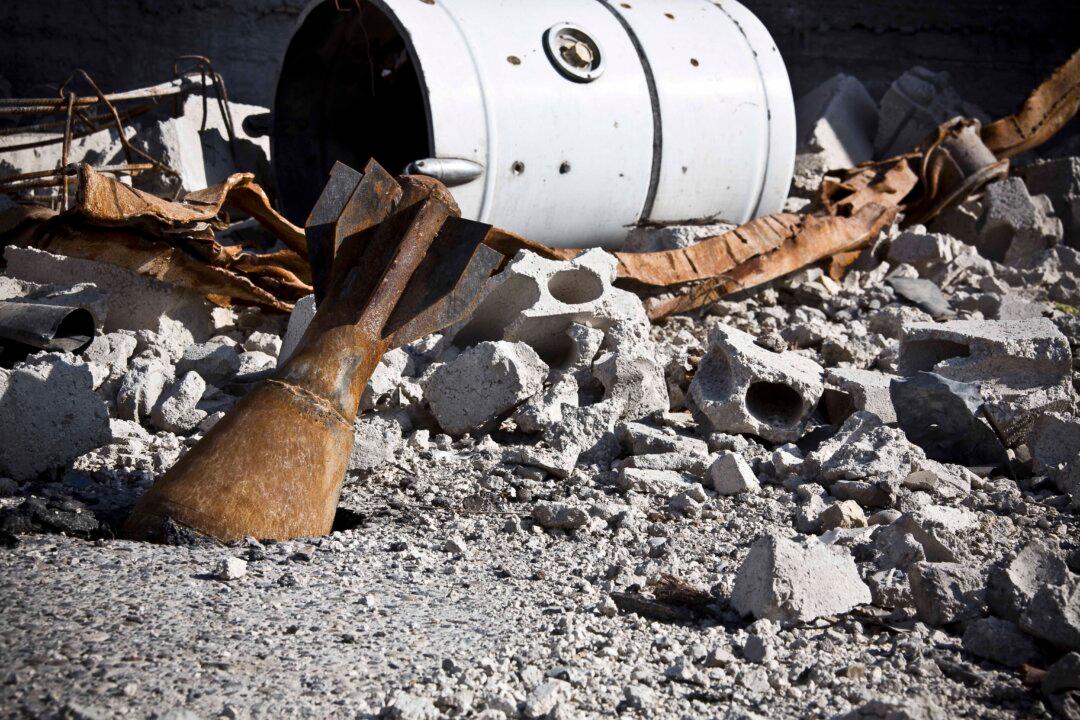ANKARA, Turkey—Turkish police have determined that at least one of the lethal explosions at a Kurdish party rally this week was from TNT, and that both explosions involved “cellphone mechanisms,” a government minister said Saturday. Two people were killed.
The blasts came at a tense time as Turkey holds parliamentary elections on Sunday in which the Kurdish votes will be crucial in determining whether the ruling party gets the supermajority it seeks.
Agriculture Minister Mehdi Eker, who is from Diyarbakir where the explosions occurred on Friday, said 80 people, including two policemen, were being treated in hospitals.
Most were not in serious condition and were being treated for cuts, blows and shrapnel wounds. Eight people were in serious condition and had been operated on, Eker said.
Initial reports had said that electrical equipment had exploded, but Prime Minister Ahmet Davutoglu said in comments published Saturday that the two explosions were acts of sabotage and provocation.
Davutoglu’s ruling AKP party wants a large majority that would allow it to change Turkey’s constitution and transfer the prime minister’s executive powers to President Recep Tayyip Erdogan in a new presidential system. If the Kurdish party, HDP, gets a minimum 10 percent of the votes required to take seats in parliament, it would effectively block that possibility.
Following the explosions on Friday, Erdogan said he tried calling Selahattin Demirtas, the leader of HDP to express condolences and condemn the attack, but that Demirtas had not taken his calls.





